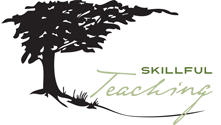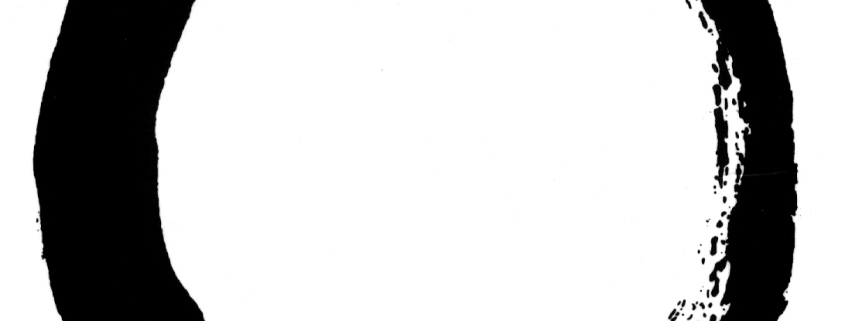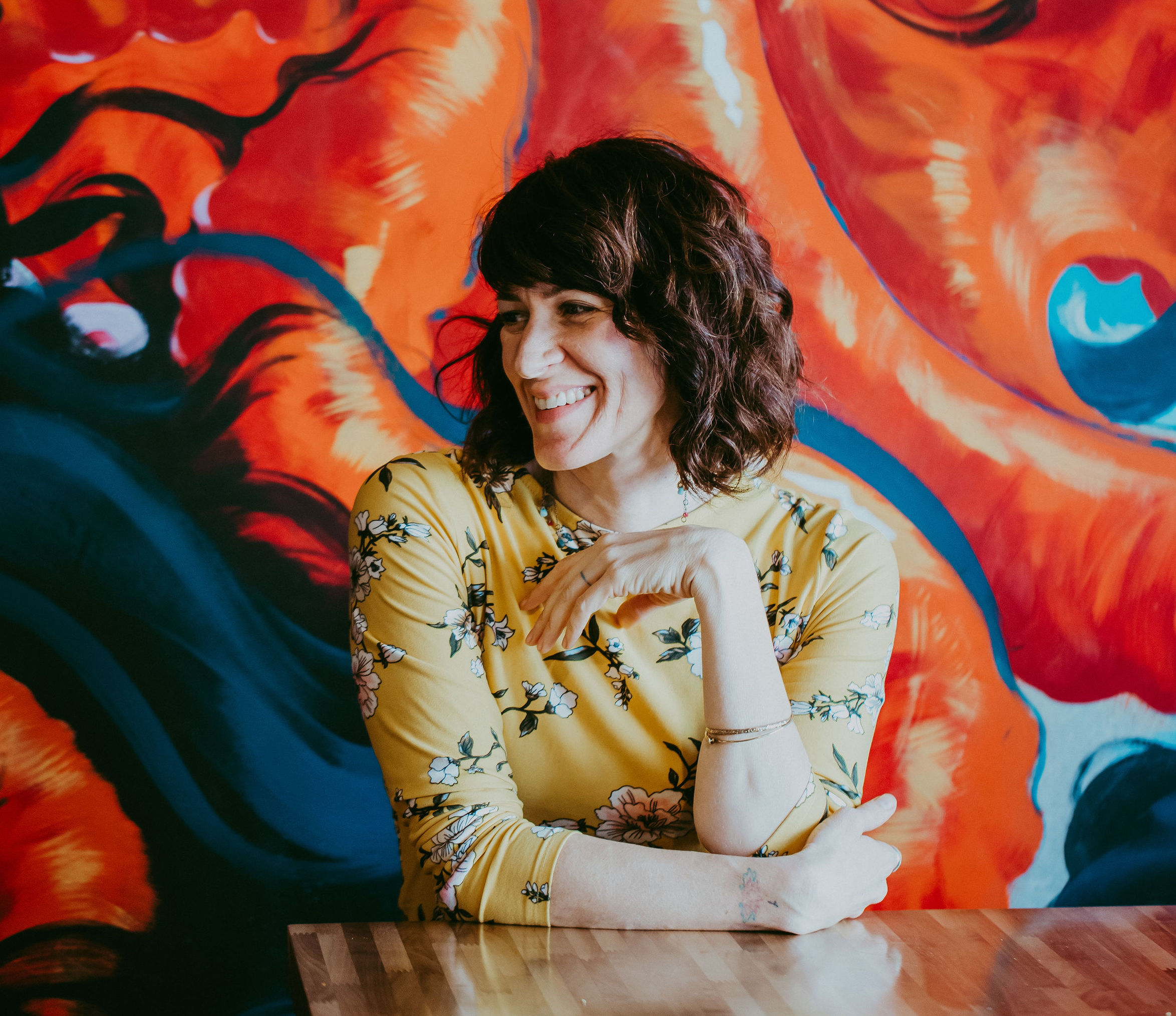What Makes A Great Teacher?
Being better than you thought is easier than you thought…
- Can you be a better teacher?
- Are you already the kind of teacher you want to be?
- How do you know?
- Who do you ask?
- Who do you compare yourself to?
- How do you determine how to improve?
- How can you be more authentic, confident, and purposeful in your teaching now?
Aren’t we all asking ourselves these and other similar questions all the time in some form or another? I know I am. And I know that I watch the teachers I work with ask themselves these kinds of questions day-in and day-out even if it doesn’t look like sitting down with pen and paper and asking themselves specifically. Sometimes it looks like a contemplative look or a look of fear. Sometimes it looks like a week or month of struggling with a student or a situation whether technique-based or more intrinsically intimate to their skillfulness as teachers: student relationships, getting results, handling difficulties, providing insights, etc.
Teaching is unique in that to teach requires us to constantly learn and inquire. That’s why I love it so much.
So, how do we answer these questions and what do these questions have to do with being better than we thought?
Well, for starters being a great teacher doesn’t mean reaching a specific level of mastery within our technique. It also doesn’t mean living up to others’ standards or expectations. It certainly is not determined by how long we’ve been teaching or how much we know. Being a great teacher, being better than we thought we could be means, to me, that we have our eyes wide open to who we are, why we do what we do, and do it with integrity, honesty, and authenticity.
An Example
I recently spent two weeks in Sayulita, Mexico teaching anatomy to yoga teachers at the Haramara Retreat Center (Thank you Cori Martinez of Asha Yoga for an amazing experience!). It was such a wonderful learning experience for me both in teaching functional anatomy specific to yoga as well as watching not only Cori guide and coach her budding teachers, but to watch how these students were emerging as teachers.
One of the most striking parts of my time with this group was being able to observe how each student questioned his or her intentions, stories, beliefs about themselves as people, yogis and potentially as teachers. With each day, and with each question, they were lead masterfully by Cori to discover — only if they were willing — their greater truths. By the end of their two weeks you could see each of them had come to more clearly see themselves in relationship to their own yoga practice and to what they had to offer others.
What this looked like in large part was examining how they wanted to be in the world, how they wanted to be treated and therefore how they treated others. All of this was done through the practice of yoga — both the physical and subtle practices, by reflecting on specific questions or inquiries that helped them tease out why they did what they did.
To me, this is the key. Looking. Just looking. Taking time to really see if our teaching is lining up with who we are and the reality of our lives, our work environment, our goals and greatest intentions.
Cori Martinez herself is what I would call a great teacher for just this reason: she’s willing to look and does so often. Each and every student who traveled the journey with her was on his or her way to becoming a great teacher because of the tools she gave them to ASK and to SEE. Even though many of them have never taught before I could see in them the potential for being more than they thought they could be and it was a powerful witnessing!
How Do You Do It?
Here are a few key things I’ve been working with my teachers on lately that will help you be better than you thought you could be…
- Have a vision for your teaching that FEELS GOOD one that doesn’t just make strategic sense, but one that feels peaceful, inspiring, empowering, and puts you in the flow and make every teaching choice around this feeling.
- In other words, everything you do in your teaching or your business should draw you closer to this feeling. If it doesn’t you are not likely listening or lining up with what’s authentic.
- Be committed to where you are RIGHT NOW. Even if you find yourself not exactly where you want to be every action, word, or thought that you have can both tend to where you are without shame or guilt and be a means of taking you closer to where you want to be.
- If this is true and you are not right where you want to be or thought you would be, it’s okay. You don’t have to “deal” with and resent where you are while also holding the vision of where you want to be. They can be the same place.
- Take some time to ask yourself thoughtful (and sometimes tough) questions:
- If you are frustrated with how others are behaving ask yourself:
- “How am I behaving that is frustrating?”
- If you are feeling a lack of confidence ask yourself:
- “How can I utilize my strengths now rather than feeling bad about where I might not be as skilled?”
- If you aren’t able to maintain students or build your business they way you’d like ask yourself:
- “How am I supporting others around me who are trying to do the same thing?”
- “How could I be more generous, open, or willing to participate in abundance and success for all of those who are in my life?”
- If you are frustrated with how others are behaving ask yourself:
These are just a few things you can do to start being better than you thought you could be. After all it’s all in you RIGHT NOW…all you have to do is SEE it!
With blessings for a wonderful rest of June and many adventures. As always, I look forward to hearing your feedback, comments, and learning more about your teaching experiences.
With gratitude,
Chantill


 How are you showing up? Why are you showing up? Why do you teach? What IS teaching? Why do you care? This is Skillful Teaching: A Whole-person approach to being an expert teacher, not an expert technician. There's a difference. Want to know what it is?
How are you showing up? Why are you showing up? Why do you teach? What IS teaching? Why do you care? This is Skillful Teaching: A Whole-person approach to being an expert teacher, not an expert technician. There's a difference. Want to know what it is?
